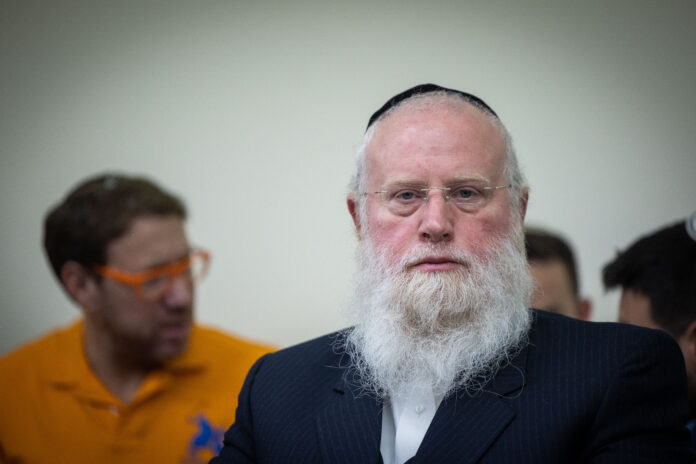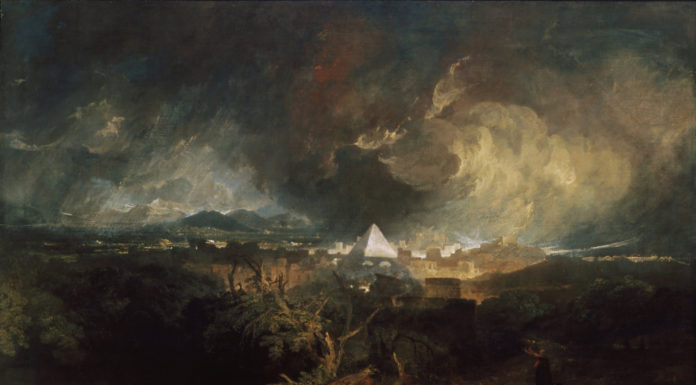
A perfect storm of factors has put the threat of a draft of yeshivah bachurim front and center in Israeli politics. It may now be the issue on which the current government stands or falls.
In 2017, the Israeli High Court ruled that the law exempting those learning Torah from the draft was illegal. Since then, the Knesset has been tasked with writing a new law to replace that one, but the attempts to do so have repeatedly failed.
In June of last year, the government had to pass a resolution ordering the IDF to not draft yeshivah bachurim, after an interim law expired. But that resolution itself had an end date: March 31 of this year.
In February, the government said that it would not be able to get a law passed by the deadline because of the war with Hamas.
Last week, the High Court ruled that when the resolution expired, on April 1, the government would no longer be able to provide yeshivos and kollelim with funding, because their exemption would no longer be legal.
That threat to the livelihood of so many talmidei chachamim comes as secular anger against the exemption for chareidim has risen to a boiling point, because of the war and what they see as the chareidim placing the burden of the fight on non-chareidim. This has given political ammunition to those looking to attack the chareidi way of life.
To understand where this situation is headed, we spoke with MK Moshe Shimon Roth, a representative of the Yahadus HaTorah Party. MK Roth, a Sanzer chasid, was formerly a practicing lawyer in Israel.
It’s been a very tough year for klal Yisrael, to put it mildly.
Yes, and we’re still in the middle of it. They’re all part of the twists and turns of chevlei Moshiach. Also—I don’t want to compare it to something dramatic like the Second World War—but certain changes are happening while things are still going on. First of all, there’s a huge hisorerus in terms of turning to Hashem, which hasn’t happened in a very long time. But there are also major social changes, for good and for bad, going on in Eretz Yisrael. Sometimes things happen gradually. But in this case, many young people were suddenly involved in activities that had to do with the non-religious people and the army.
It seems to me that October 7 heralded a new era in Jewish history. Our fathers were both Holocaust survivors, and it brought an end to their tekufah. We’re living in a new era now.
Definitely, but some of the changes are here to stay while others will pass, never to be seen again. There were also changes after the Six-Day and Yom Kippur Wars. The question is what’s going to have a long-lasting effect. We don’t know yet, but it seems to me that at least part of the hisorerus is here to stay.
When I was reporting to my Rebbe about what’s been going on over the past few days, I told him that the Gemara says that when Achashverosh gave the ring to Haman, it was a great moment, as it brought klal Yisrael together to start davening. Similarly, the giyus brought everyone around the table—the Litvishe and the chasidishe—and ended any machlokes.
You’re currently a member of Knesset.
Yes. I’m on the Knesset’s Defense and Foreign Relations Committee, so I get to hear the real story of what’s going on—or almost the real story, because they still don’t tell us everything. I’m also a deputy speaker of the Knesset, so people know who I am.
To read more, subscribe to Ami




















